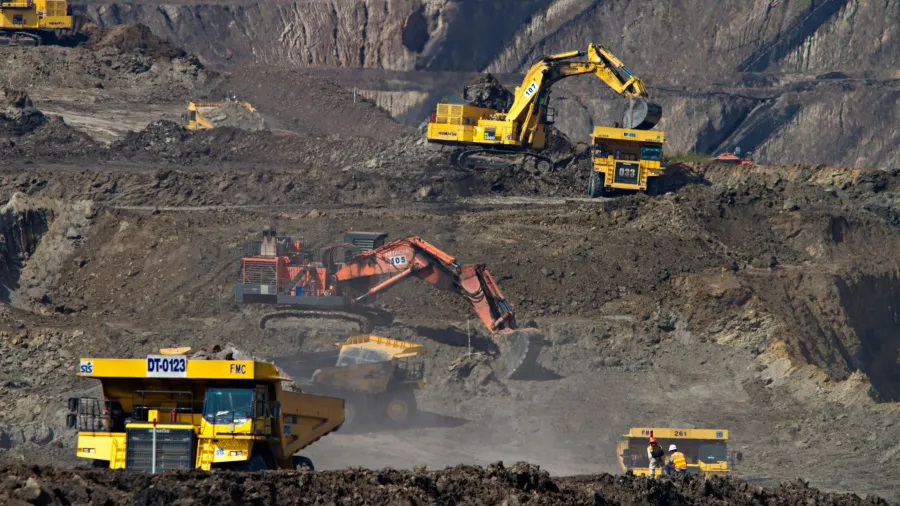
Insurers cut coal mine coverage as carbon policies gain traction: Study
Carbon underwriting decisions are a potentially powerful tool in the insurance sector.
New research has found that insurers adopting carbon underwriting policies are significantly reducing coverage for coal mining operations, leading to a measurable decline in production, employment, and mine viability.
The study, released in June 2025 by academics at the University of Zurich and Swiss Finance Institute, systematically tracks how carbon underwriting policies — particularly for coal — are implemented by global insurers and their impact on insured mining projects.
Using insurance certificate data and mine-level operational information from the US, the researchers show that insurers with coal policies cut the number of coal mines they cover by 16%, and insured coal volumes by 56%.
Post-policy adoption, the likelihood of an insurer ending coverage with a coal mine increases by 13 percentage points.
Mines affected by these policy-driven non-renewals are 3.6 percentage points more likely to be abandoned.
Those that continue operating reduce coal production by around 8% and employment by 15%.
The study also found that stricter underwriting policies result in more decisive withdrawal of coverage. Insurers tend to retain coverage lines related to worker safety, like workers’ compensation, whilst dropping core liabilities.
Insurers headquartered in Europe are more likely to adopt and enforce these policies, whilst Asian and US insurers are less likely to do so.
By 2023, 80% of the major insurers assessed had implemented some form of coal policy.
In contrast, underwriting restrictions for oil and gas projects remain less common and generally less stringent.
The researchers concluded that carbon underwriting decisions are a potentially powerful tool in the insurance sector’s contribution to climate transition, but their effectiveness depends heavily on policy design, enforcement, and transparency.



















 Advertise
Advertise





